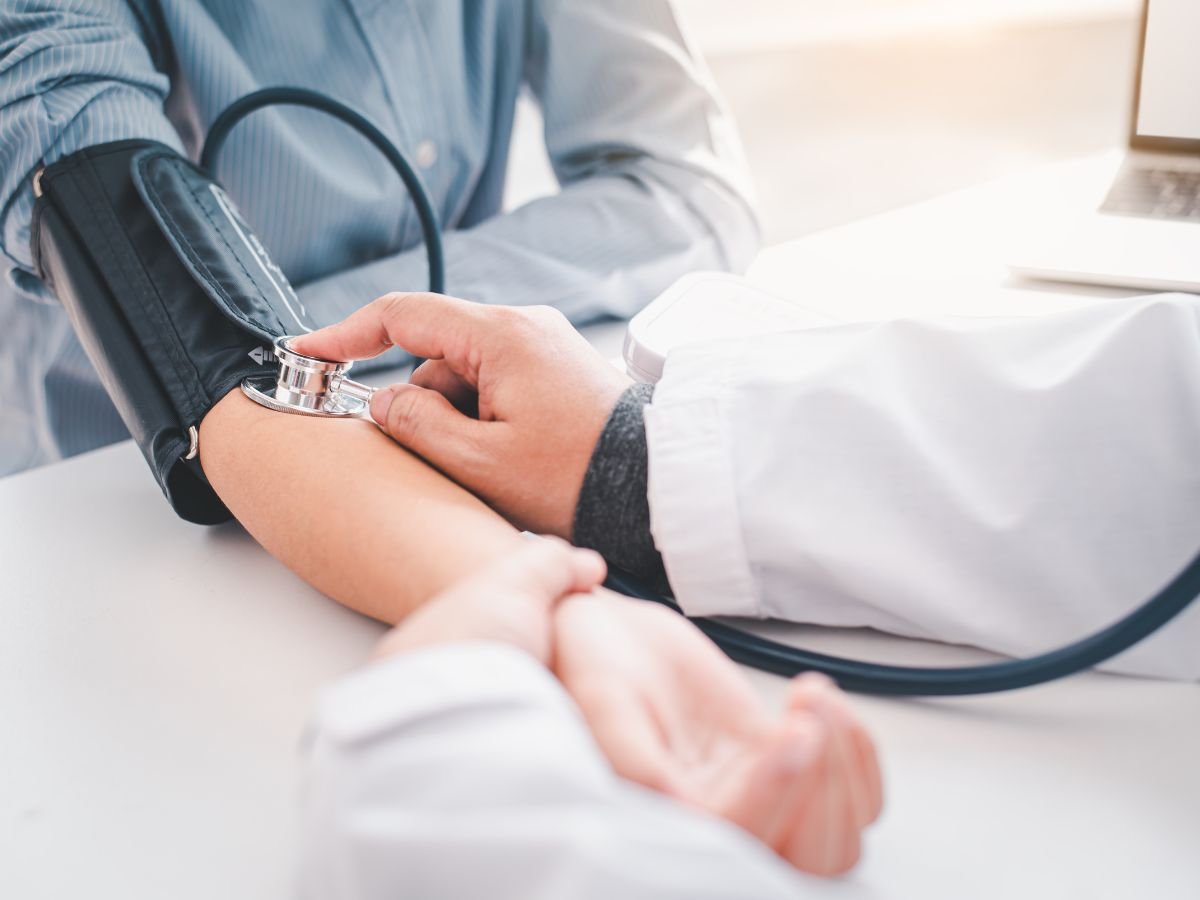New Delhi, 29 May 2025: Low blood pressure, medically known as hypotension, is often perceived as a harmless or even desirable condition, especially compared to high blood pressure (hypertension). However, when blood pressure drops too low, it can lead to a variety of health complications—some mild and some life-threatening. Understanding the causes, symptoms, and potential dangers of hypotension is crucial for maintaining long-term cardiovascular and overall health.
What is Hypotension or Low Blood Pressure
Hypotension occurs when the systolic blood pressure falls below 90 mm Hg and the diastolic pressure falls below 60 mm Hg. While it may not always indicate a problem, especially in young or athletic individuals, chronic or sudden low blood pressure can result in poor blood flow to vital organs such as the brain, kidneys, and heart.
Causes of Low Blood Pressure
There are several potential causes behind hypotension, including:
- Dehydration: Loss of fluids through vomiting, diarrhea, or excessive sweating can reduce blood volume.
- Heart problems: Conditions like bradycardia (slow heart rate), heart valve issues, or heart failure can impair blood circulation.
- Endocrine disorders: Issues with the thyroid, adrenal glands (Addison’s disease), or low blood sugar can cause blood pressure to drop.
- Blood loss: Significant injury or internal bleeding can lower blood pressure dangerously.
- Severe infection (septicemia): When infections spread into the bloodstream, they can cause a sharp drop in blood pressure (septic shock).
- Nutritional deficiencies: Lack of essential nutrients like vitamin B12 and folate can affect red blood cell production, leading to low pressure.
- Medications: Diuretics, beta-blockers, antidepressants, and drugs used for Parkinson’s disease or erectile dysfunction may cause hypotension as a side effect.
Common Symptoms of Hypotension
Not all individuals experience symptoms, but when blood pressure becomes too low, common signs may include:
- Dizziness or light-headedness
- Fainting (syncope)
- Blurred vision
- Fatigue or weakness
- Nausea
- Cold, clammy, or pale skin
- Difficulty concentrating
Persistent or frequent symptoms should never be ignored, as they may signal underlying health issues requiring medical attention.
What Happens When Blood Pressure Drops Suddenly?
While occasional dips in blood pressure may not be concerning, chronic hypotension or sudden sharp drops can lead to dangerous complications:
- Falls and Injuries
Dizziness or fainting due to low blood pressure can increase the risk of falls, especially among the elderly. This can lead to fractures, head injuries, or long-term disability. - Cognitive Decline
Chronic hypotension can reduce blood flow to the brain, impairing memory, focus, and decision-making. In older adults, this may accelerate the onset of dementia or cognitive disorders. - Organ Damage
When blood pressure is too low, organs do not receive enough oxygen and nutrients. This can impair their function and lead to damage. Prolonged low pressure can affect the kidneys, liver, and heart, increasing the risk of organ failure. - Shock and Death
In severe cases, such as septic shock, cardiogenic shock, or anaphylactic shock, blood pressure plummets to dangerously low levels. This is a medical emergency that can lead to multi-organ failure and death if not treated immediately. - Pregnancy Complications
Pregnant women with hypotension may experience reduced blood flow to the placenta, which can restrict fetal growth, lead to low birth weight, or even cause premature delivery.
Low blood pressure becomes dangerous when it is accompanied by:
- Persistent dizziness or fainting
- Chest pain or shortness of breath
- Rapid, shallow breathing
- Blue lips or fingertips
- Confusion or slurred speech
- Cold, clammy skin
These may be signs of shock or severe cardiovascular compromise and require immediate medical attention.
Managing and Preventing Hypotension
Treatment depends on the underlying cause. However, some general strategies to manage and prevent hypotension include:
- Staying hydrated: Drink plenty of fluids, especially during hot weather or after exercise.
- Eating smaller, frequent meals: Large meals can divert blood to the digestive system, leading to postprandial hypotension.
- Increasing salt intake: Under medical supervision, slightly increasing sodium may help raise blood pressure.
- Wearing compression stockings: These can prevent blood from pooling in the legs and improve circulation.
- Slow positional changes: Standing up too quickly can cause blood pressure to drop—known as orthostatic hypotension. Move slowly from sitting or lying down positions.
- Avoiding alcohol: Alcohol can lower blood pressure further, so it should be limited or avoided.
- Medication adjustment: Review medications with a healthcare provider if hypotension develops after starting a new drug.
Although it often flies under the radar, hypotension is not always benign. For many people, it is a warning sign of deeper health issues that could spiral into serious consequences if not addressed early. Recognizing the symptoms and seeking appropriate medical care can prevent complications and help you live a healthier, safer life. Always consult a healthcare professional if you experience signs of low blood pressure that interfere with your daily activities or overall well-being.







